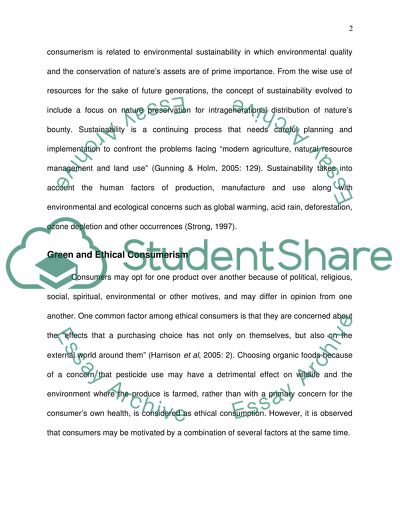Cite this document
(Green and Ethical Consumerism, and Their Impact on Companies Corporat Essay - 2, n.d.)
Green and Ethical Consumerism, and Their Impact on Companies Corporat Essay - 2. Retrieved from https://studentshare.org/marketing/1569144-consumer-behavior
Green and Ethical Consumerism, and Their Impact on Companies Corporat Essay - 2. Retrieved from https://studentshare.org/marketing/1569144-consumer-behavior
(Green and Ethical Consumerism, and Their Impact on Companies Corporat Essay - 2)
Green and Ethical Consumerism, and Their Impact on Companies Corporat Essay - 2. https://studentshare.org/marketing/1569144-consumer-behavior.
Green and Ethical Consumerism, and Their Impact on Companies Corporat Essay - 2. https://studentshare.org/marketing/1569144-consumer-behavior.
“Green and Ethical Consumerism, and Their Impact on Companies Corporat Essay - 2”. https://studentshare.org/marketing/1569144-consumer-behavior.


